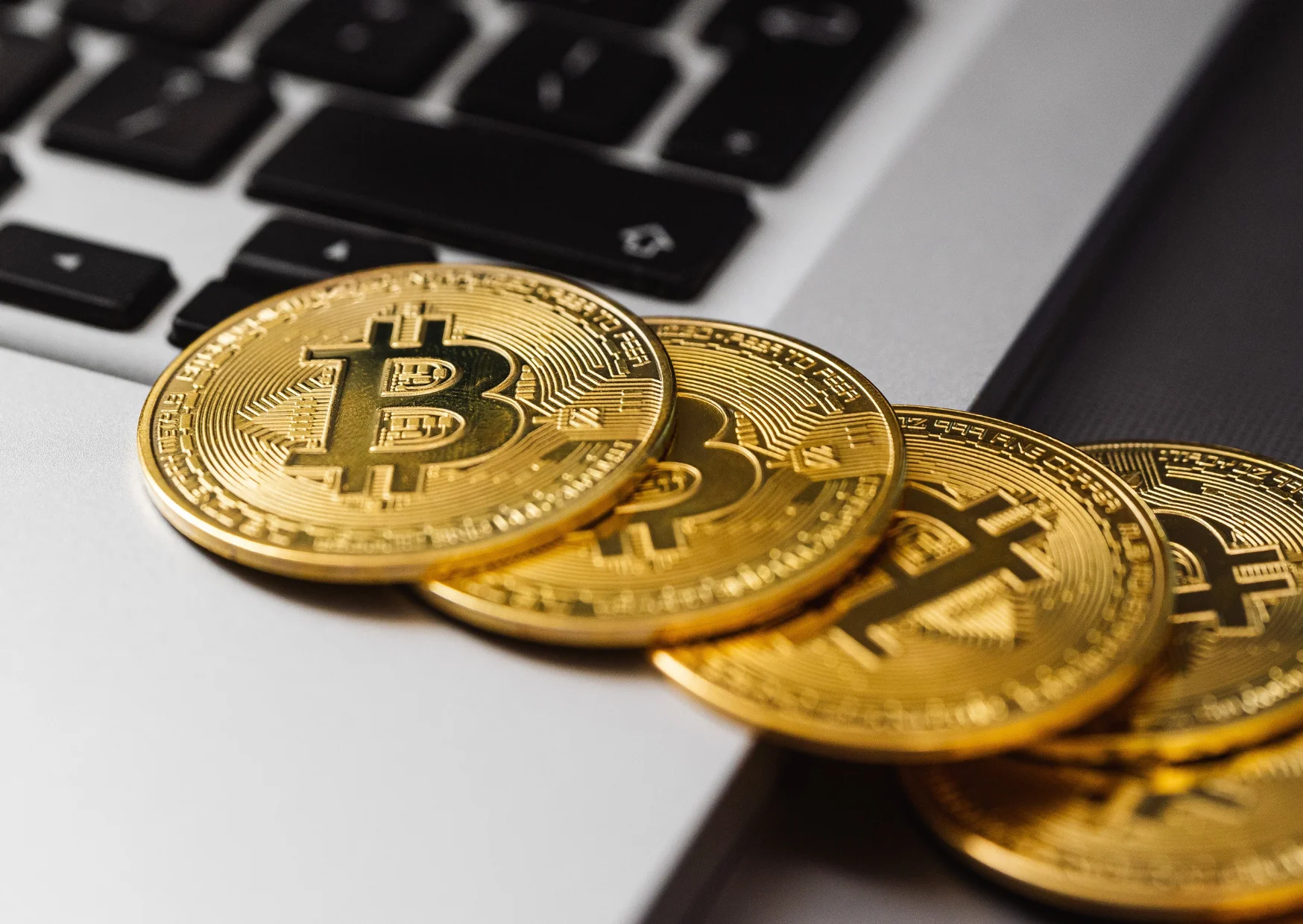
How To Protect Yourself from Crypto Scams and Spot Swindling Crypto Investors
Cryptocurrency scams are a paradise for thieves, although the latest figures tracked by Chainalysis show that they fell by 65% in 2022 compared with the same period a year earlier. This is largely to do with the falling price and attractiveness of cryptocurrencies. However, scammers never sleep, and the cryptocurrency market can bounce back at any time. In this article we will show you how they operate and how to protect yourself from their crypto scam tactics.
Cryptocurrency scam market in figures

Although crypto scam percentages are falling, the value of scams is still frightening. The largest scam of 2022 so far — known as Finiko — managed to net its creators over $273 million worth of cryptocurrency. The figures show that fraudsters are doing well.
Cryptocurrency payments are largely unregulated by financial authorities, which has made them a target for scams and fraud. In October, the Bank of England called for new regulations around cryptocurrencies, warning of the risks posed by the digital asset to retail investors.
4 most common cryptocurrency scams

When it comes to cryptocurrency, there are a lot of giveaway scams, fake websites and appealing crypto coins out there. Here are some of the most common scams:
Ponzi Schemes: A Ponzi scheme is a fraudulent investment plan where the scammer promises high returns with little to no risk. The scammer will use new investors' money to pay off existing investors, giving the appearance of high returns. Eventually, the scheme will collapse, and the scammers will run off with all of the money. They often pretend to be a legitimate business.
Pyramid Scheme: A pyramid scheme is similar to a Ponzi scheme, but instead of promising high returns, the scammer entices people to invest by promising them commissions for every new person they recruit. Like a Ponzi scheme, eventually the pyramid will collapse and the scammers will make off with all of the money.
Fake ICO: An ICO, or initial coin offering, is when a company offers new cryptocurrency tokens in exchange for investment. Some scammers will create fake ICOs in order to steal people's money. They may create a fraudulent website and promise high returns. Once they've gathered enough money, they'll disappear and leave investors holding worthless tokens.
Phishing: Phishing is a type of online scam where the scammer attempts to trick you into giving them your personal information, such as your login credentials or credit card number. They may do this by sending you an email that looks like it's from a legitimate website or service and includes a link that takes you to a fake website. Once they have your information, they can use it to steal your money or commit identity theft.
It seems like every day there’s a new cryptocurrency scam. Some scams are obvious, like promises of guaranteed returns or claims that a coin is “the next Bitcoin”. Others are more subtle, like phishing attacks or fake digital wallet.
Cryptocurrency romance scams dating apps

There are many ways to scam people out of their money, and cryptocurrency romance scams are becoming more common. In a typical scam, the victim is contacted by someone claiming to be interested in a romantic relationship. The scammer then asks for money to help with travel expenses or other costs associated with meeting in person. Once the victim sends the money, the scammer disappears.
These kinds of scams have a few key differences from other types of romance scams. First, instead of asking for cash, the scammer will ask for cryptocurrency. Second, the scammer may not even pretend to be interested in a romantic relationship – they may simply say that they need help with an investment opportunity related to cryptocurrency, or to help raise money for a national or global disaster such as the attack on Ukraine, hurricane relief efforts in America, or flooding support in Pakistan. Third, because cryptocurrency can be sent anonymously, it can be very difficult to track down the scammer and get your money back.
Social media cryptocurrency scams
Most of these scams take the form of fake giveaways or investment opportunities. For example, scammers will promise to double your investment if you send them some cryptocurrency. Or they may claim to be giving away free cryptocurrency if you sign up for their newsletter or like their Facebook page. Very often their profiles look very realistic and have lots of pictures and comments — be careful as it's not hard to fake a credible social media presence.
Investment scams
Investment or business opportunity scams often start with an unsolicited offer to become a cryptocurrency investor. The offer may include false celebrity endorsements or fanciful testimonials. However, the offer never gets implemented when transactions are completed and you can't see your cash anymore. Protect yourself from investment scams by doing your research and only investing in well-known, reputable cryptocurrencies. Don't fool for a scammers promise.
How to prevent cryptocurrency scams?
Thousands of people have lost their life savings when they bought cryptocurrency or virtual money without fully comprehending its mechanics. Don't put yourself at risk by giving away your social media passwords. Keep these secure (ideally offline), so they can't be hacked. Never give away your private key information, or input data into fake apps. The chances are the scammers will gain access to your funds and your cryptocurrency investments will disappear.
Check your crypto wallet security. It is important not to disclose your password and signups to anyone. Don’t give anyone your personal key that allows you access to your digital currency and keep these secure (ideally off-line), so they can not get hacked.
Never share any personal details, never send your ID, bank account details, card numbers with anyone. They may ask you to prove your identity when opening the crypto wallet and send an upfront fee. Beware that these are likely to be crypto scammers.
How to avoid cryptocurrency scams?

Here are some tips to help you avoid getting scammed. Have a look at these warning signs:
Do your research - before investing in any cryptocurrency, do your own research. There are lots of resources available online, so there’s no excuse not to educate yourself before making any decisions. Does the link look like a fraudulent website?
Beware of promises of guaranteed returns - in the cryptocurrency world, there are no guarantees. Prices can go up or down at any time, so anyone who tells you otherwise is probably trying to scam you great returns.
Be careful with phishing attacks - these are a common way for scammers to try to steal your money or personal information. Be very careful of any emails, links, or websites that look suspicious. If you’re not sure if something is legitimate, don’t click on it or enter your information.
Know where to store your coins - When you buy cryptocurrency, you need to store it in a crypto wallet. Be very careful about which one you use, as there have been cases of fake ones that stealing people’s coins. Only use wallets from reputable places. Never transfer money to the one you haven't checked first.
Do your own research before your first cryptocurrency transaction
Scams are unfortunately very common in the world of cryptocurrency investment. Many people have lost a lot of money by falling victim to these scams. That's why it's so important to be careful when investing in crypto. Do your research before investing, and only invest what you can afford to lose. And if you found this article helpful, please share it with your friends!
How to check if a crypto investing call is legitimate?
If you recieve a phone call from a person claiming to be a crypto investor, you can always check how other people have rated their experience with this unknown number. Simply visit Who-Called.co.uk and use this simple phone credibility checking tool to find out if you can trust this caller or not.